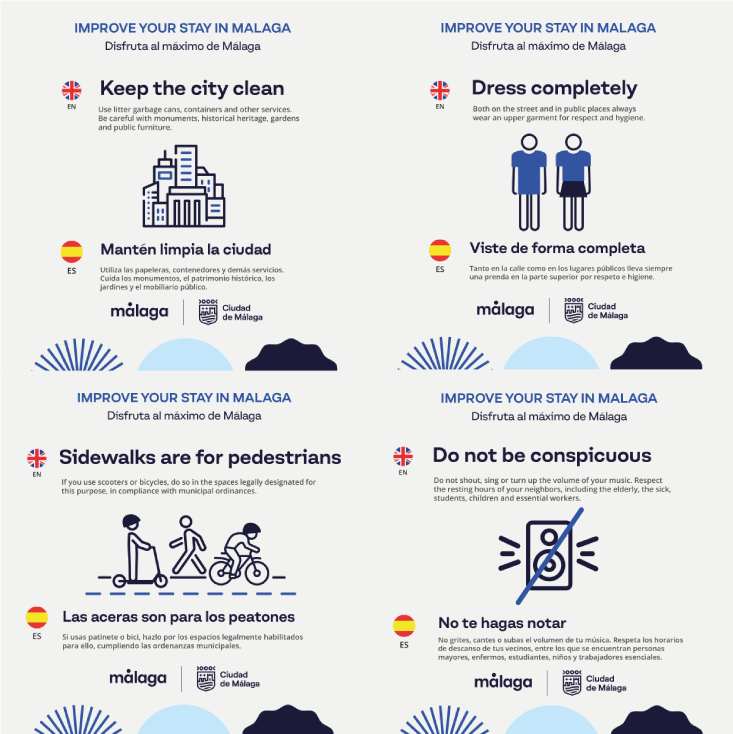The summer of 2025 signals a shift for travelers in Europe. Countries across the continent are tightening regulations by introducing a new era of tourist fines.
A wave of regulations now sweeps through Europe’s iconic resorts and cultural sites. The new rules touch the heart of the tourist experience, reigning in behaviors that threaten the city’s character and natural beauty. Nowhere is this more pronounced than in Greece, where collecting a seashell from the beach can trigger a €1,000 penalty. The message is clear: careless tourism in even the smallest acts now comes with a cost.
In bustling destinations, the spirit of the new measures is visible. Portugal’s seaside charm meets strict discipline as visitors meandering away from the beach in swimwear risk hefty fines. Spain’s celebrated islands, alive with nightlife, send a strong warning to revelers: reckless drinking in public squares leads to substantial penalties, while even reserving a sunbed and walking away invites swift consequences from vigilant authorities. The simple act of wandering in inappropriate attire or making too much noise invokes reminders that respect is demanded in return for hospitality.
Cities, Countries, and Fines
- Greece:
- Collecting seashells: €1,000
- Spain (Balearic Islands, including Mallorca and Ibiza):
- Public drinking: up to €3,000
- Sunbed reservations without use: fines apply
- Portugal (Albufeira):
- Wearing swimwear off the beach: up to €1,500
- Public nudity or urinating in public: significant penalties
- Italy (Cinque Terre):
- Hiking in improper footwear: up to €2,500
- France:
- Smoking on beaches or in playgrounds: €90
- Turkey (Antalya):
- Leaving seat before plane stops taxiing: €62
- Malaga, Spain:
- Disregarding code of conduct (littering, noise, inappropriate dress): up to €750
- Ryanair flights (across Europe):
- Disruptive behavior: from €500
- Venice, Italy:
- Swimming in canals: €350
Enforcing Change
Every corner of Europe echoes the same intent: preserve the delicate balance of thriving tourism while improving life for residents and upholding traditions. The iconic resort of Malaga, Spain, now greets guests with visible reminders of expected conduct. Large billboards, bus posters, and vibrant social media campaigns urge travelers to keep noise low, dress appropriately, and avoid scattered litter. Fines here run as high as €750 for those who choose to ignore the messages.

In Albufeira, police maintain a strong presence in lively neighborhoods, making sure that new codes of public behavior are not just decorative. Fines for anything from public nudity to abandoned shopping carts are handed out, reinforcing the latest standards. The authorities’ approach is formal, detailed, and unyielding, driven by a desire to maintain the peaceful and inviting charm that brings visitors back year after year.
Behavioral guidelines were once a feature of areas with unique environmental or cultural sensitivities, such as northern Scandinavia. Today, they reach into Europe’s mainstream beach resorts, reflecting growing frustration with unruly holidaymakers. Residents now find their voices amplified by strict regulations that safeguard daily tranquility. The message is not one of exclusion, but invitation: act respectfully, and the treasures of Europe remain yours to enjoy.